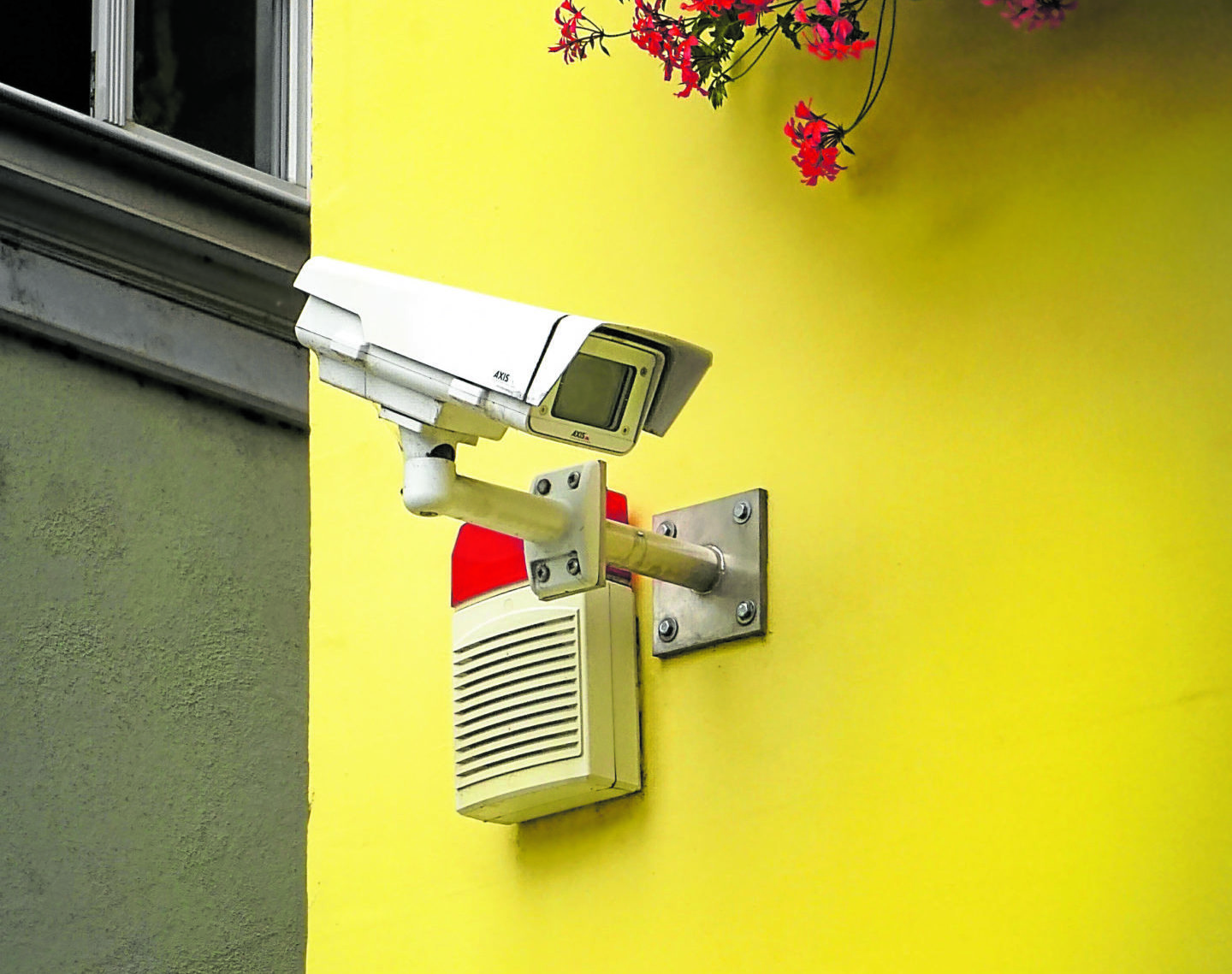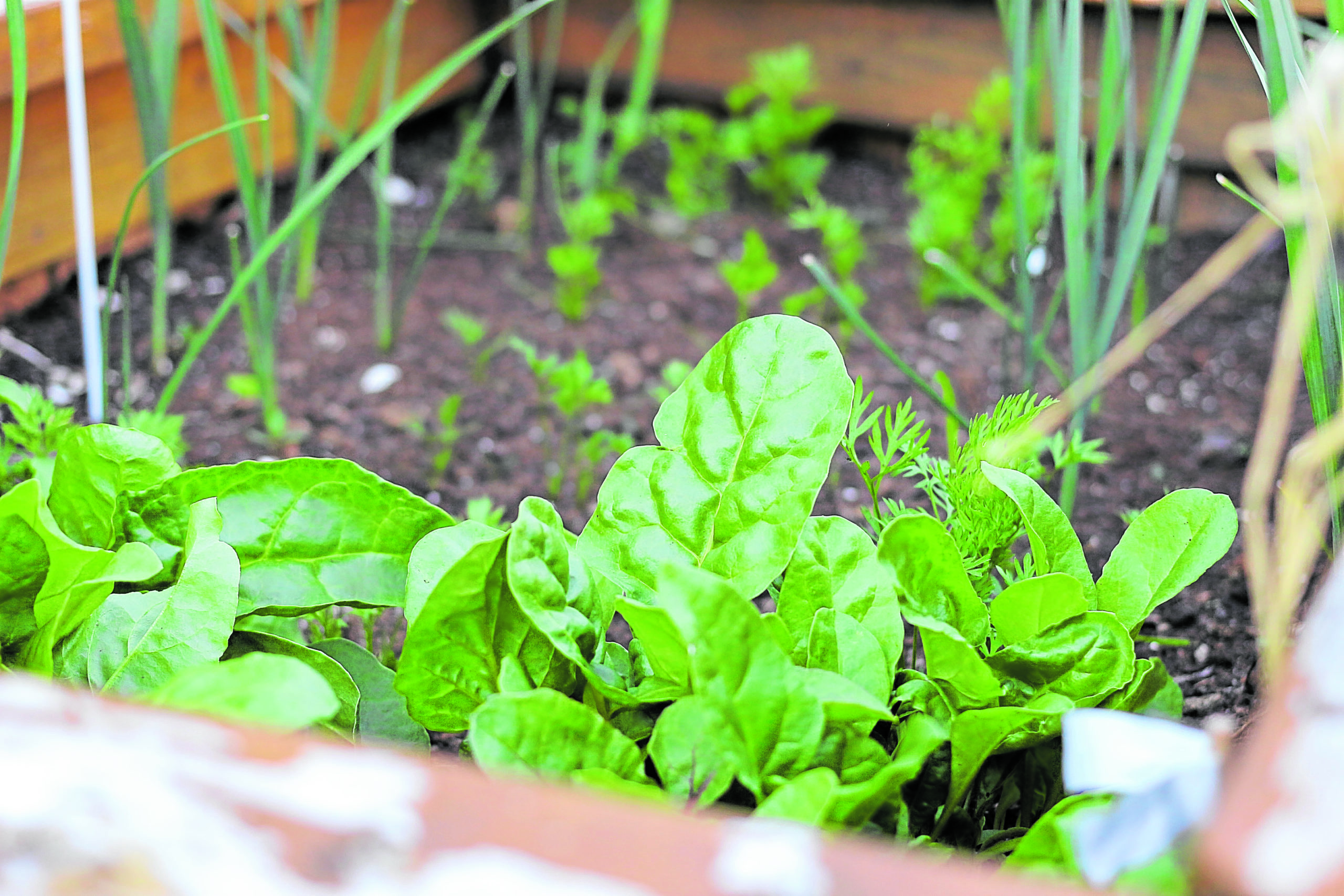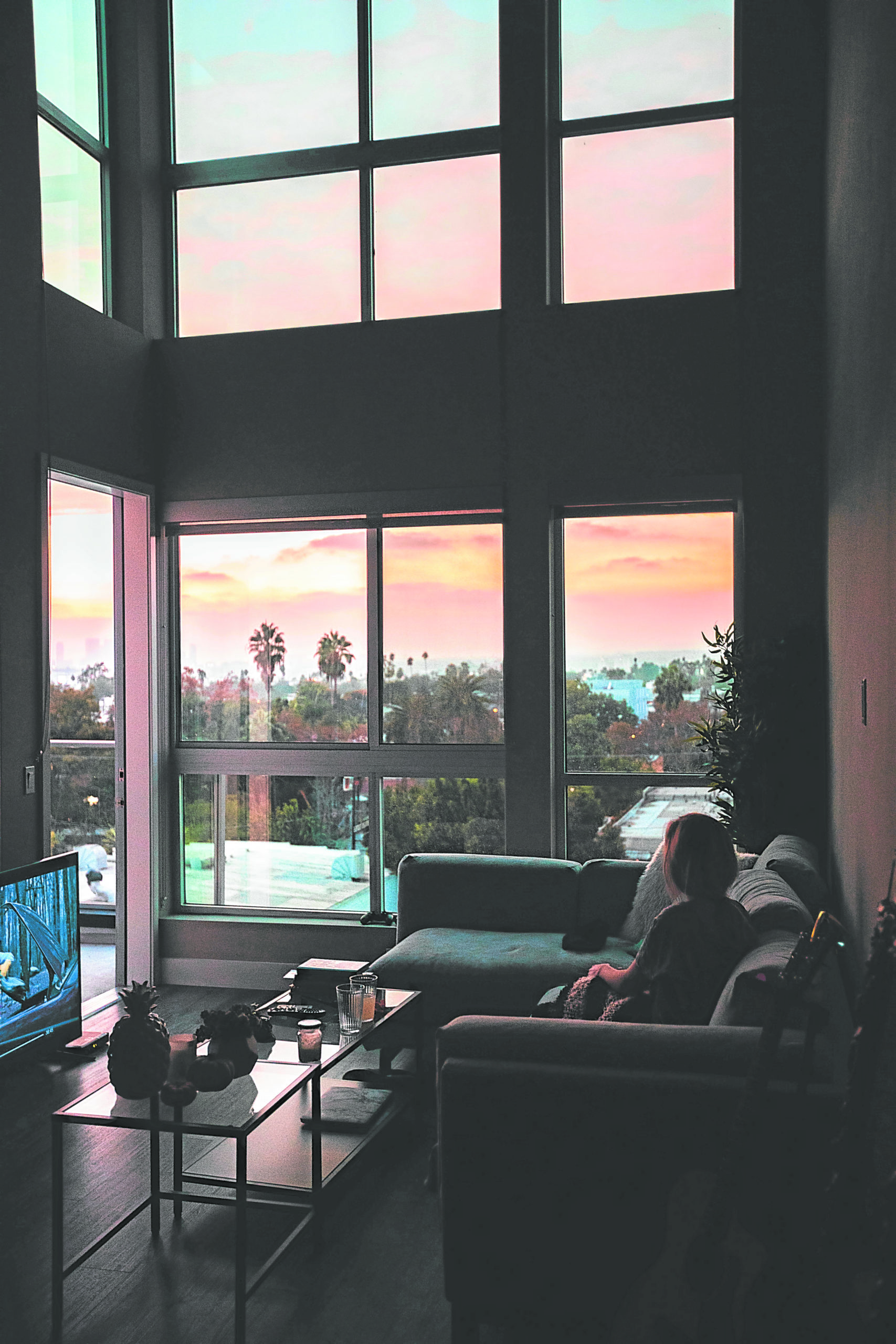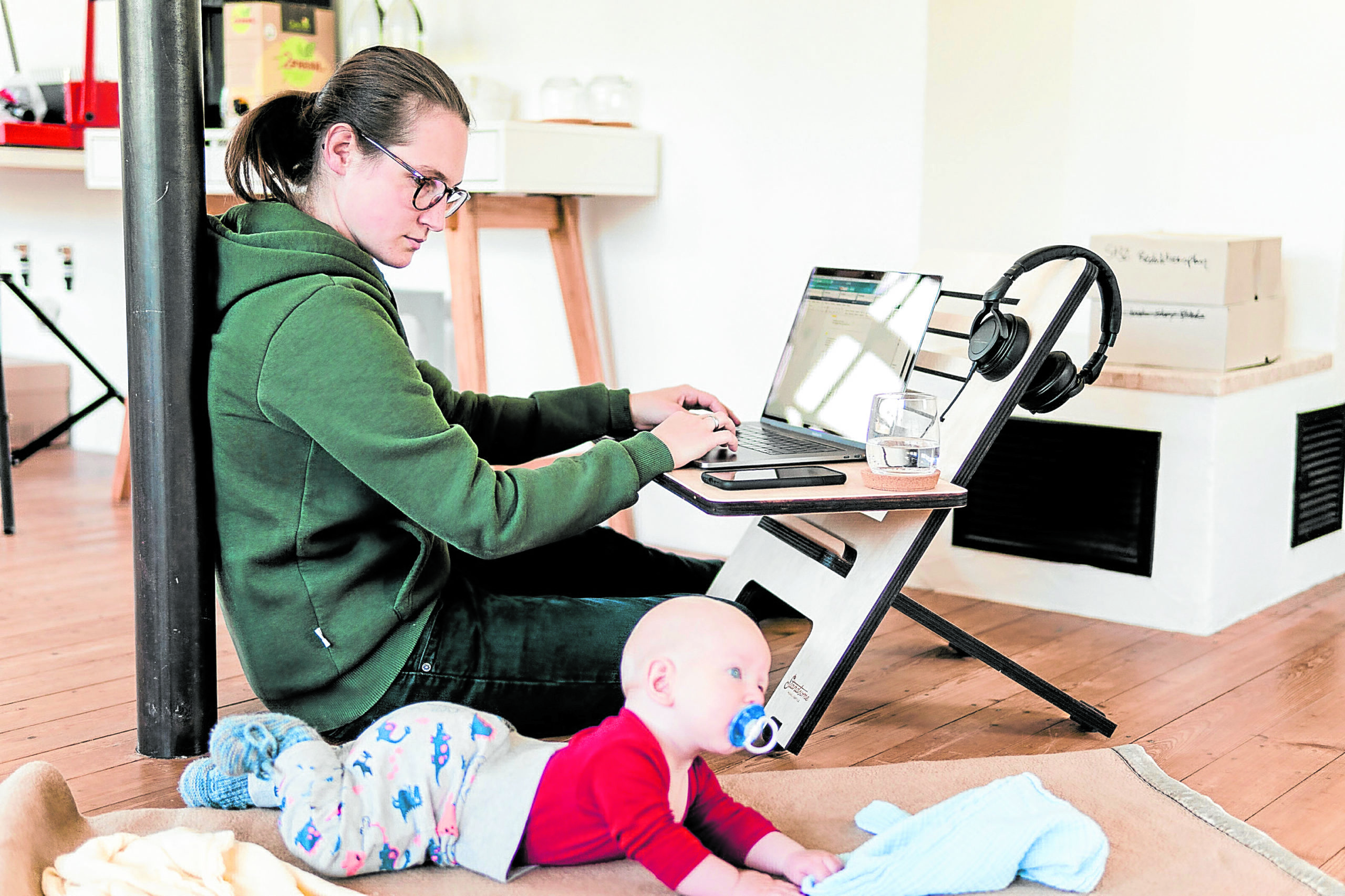Seeing homes in a different light
“Back to normal” won’t apply to humankind when it finally beats COVID-19. While we hurriedly innovated as a matter of necessity, we now know that many of our solutions to pandemic woes actually improve life in the long term and present big leaps into the future.
One place that adjusted to novel demands overnight is the home. Suddenly, nothing is safer than staying in. But, we would soon learn, we must stay alive, sane and productive while cooped up. As we find our bearings, we are seeing our adaptive measures in our abodes as indicators of what lies ahead.
Owning a home
Many property developers reported continued sales in their residential products despite the lockdown because the advantages of owning a home became evident to many. Families faced higher risks sharing spaces with other people. They were also unable to self-quarantine when needed or enjoy privacy as they are holed up with everyone else. Looking ahead, people will realize how affordable homes can get and how resilient real estate is even in a recession.
Greater security
COVID-19 reminded us that chaos can descend upon us anytime. Especially in the early days of the pandemic, we were worried that the confusion would lead to higher criminality and civil unrest. We began to see our homes from a survivalist lens: Can my place be considered a secure bunker? We did not get to that point, but people are now ensuring that their homes are well-constructed, guarded 24/7, and equipped with security features.
Self-sufficiency
If you were suddenly cut off from the world, how long will you live? That question straight out of an apocalyptic movie became a valid concern during the strictest lockdowns. Some really audited their homes, and ended up investing in solar panels, edible plants, rainwater barrels, anything that can sustain them in a full-blown disaster. While location, accessibility and buzzwords like integration and masterplanning will continue to be important in homebuying, COVID-19 has highlighted the importance of self-reliance.
Walls up
The open plan trend might die down soon. People have likely relearned the value of walls at home from the lines and dividers put everywhere to save our lives. To manage COVID-19 risks in our dwellings, we have appointed where certain items should go and how people should move around. Where the living room, dining space and kitchen are one big space, movement is more difficult to regulate. Those sharing an airconditioning unit and thus the same air even posed higher risks of transmission for COVID-19 and other communicable diseases.
Article continues after this advertisementBigger space
The pandemic gave us bad news upon bad news, obliterated the line between work and home, and shuttered the spots we would go to enjoy or pamper ourselves. Those who have powered through the resulting mental health issues had to integrate “work, life and play” elements in their homes. They allocated spaces for a workstation, a workout corner and a mini garden, for instance. Some designed spaces to be multipurpose. This demand is translating into enthusiasm for low-density high rise projects and house-and-lot packages.
Homes served to protect us from the elements as we recharged. After COVID-19, they must be so much more.



